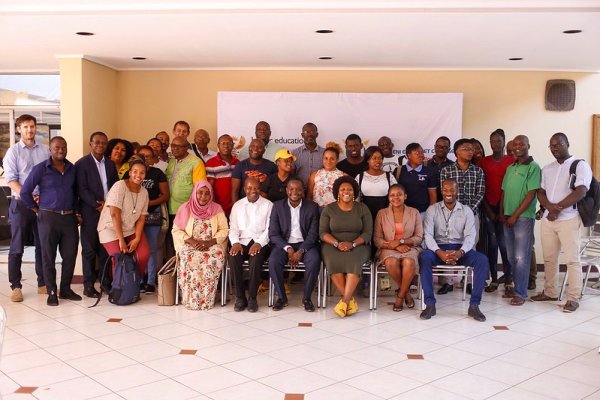
“We fired the consultant!” Laughter rang out around the room as journalists recounted how their efforts to put together a development impact bond (DIB) backfired. The role-playing exercise was the finale of our second Sustainable Development Reporting course, which aims to encourage reporters to discover business news stories with a distinctly human face.
Participants took the roles of key players involved in these innovative financial instruments, including investors, government, the target population and the agencies that evaluate success. It’s a difficult task – pitching the value of social outcomes to funders looking for a financial return, not just goodwill and good feelings. Our “consultant” was more than sceptical, but the “government” in this case was on a roll and decided to go it alone.
The exercise helped reporters understand multiple views of sustainable development and highlighted key messages of the course – look for the communities, the needs and the solutions. All three groups came up with a solution – although not all of them used a DIB!
In all, 28 reporters from across southern Africa attended the course in Pretoria from November 6 to 8. It was the second Sustainable Development Reporting course run by the Thomson Reuters Foundation with the African Development Bank (AfDB) after the inaugural one in Abidjan in May, which was delivered in French and English. The course aims to give reporters new ways of looking for stories about sustainable business and the needs of local communities that can be turned into opportunities for investors.
African countries face hefty challenges in achieving the AfDB’s “High 5” targets for inclusive growth and a move to green growth through five priorities to improve the quality of life for everyone. The continent’s population is booming, but unemployment – especially among the young – is high. Resource-rich countries are struggling to take ownership of the value chain by processing more of their natural bounty on their own soil – and terms. Developing in a sustainable way will be key to the success of these initiatives and to achieving the High 5 targets.
The course kicked off by asking reporters to draw up an ecosystem with its ripple effects, giving them the chance to explore multiple story strands. Does Richard Branson actually need a private jet, asked one group who had chosen the billionaire as an ecosystem all on his own. The answer was yes, and that meant he also needed all the staff, funds and fuel to go with it – a high-flying example of how one link in a chain has many opportunities for jobs, money – and stories.
There are over $180 trillion sitting in global capital markets looking for the next smart investment but the vast majority of these funds remain in developed markets. “We must tilt the flow of capital from global markets to the continent,” Victor Oladokun, communications head for the AfDB, said to reporters on the first day of the course.
Finding stories to highlight investment opportunities works best at the local level. The course asked participants to drill down on the issues, asking what communities needed and what are the solutions that might meet those needs. We looked at the example of natural ecosystems – including our own bodies – to explore multiple strands for stories. If one piece of the system is missing, providing that piece presents an opportunity that could be turned into profit. Reporters on the course offered the example of M-Pesa, a money transfer and payments system used in much of southern Africa that brings financial services to people who have often been overlooked by traditional banks.
The AfDB is focusing on energy, food, industrialisation, integration and improving quality of life as its High 5s, which are derived from the United Nation’s Sustainable Development Goals (SDGs).
Half way through the three-day course, on Thursday morning, participants got the chance to see sustainable development in practice when we travelled out to Ekurhuleni East TVET college in Germiston, Gauteng Province. The earlier course in Abidjan had included a field trip to a rural development project aimed at bringing new skills and technologies to young farmers.
Ekurhuleni East TVET college focuses on skills for manufacturing, engineering and other practical careers. It is now running a pilot programme to give graduates the skills needed to start up their own businesses. “Industry cannot absorb all our graduates,” said Gardner Dewu, acting manager of the college. “So we are giving them a course in entrepreneurship. They leave with a start-up tool kit, so they can create employment themselves.”
Back at the workshop, participants compared Tweets they had put together to sum up their stories from the college and considered the pros and cons of what they had seen. While some felt there was a real possibility that the course could create new small businesses and offer employment, others looked at the challenges still to overcome. In South Africa, where inequality is the widest in the world and youth unemployment is high, small-scale ventures are just scraping the surface, some said.
Such robust – but good-humoured – debates were a feature of this course, as they had been in Abidjan. Reporters showed they cared greatly about the future of their countries, especially the quest for investment and the plight of local communities. The key messages of needs and solutions played out across all three days and our DIB exercise was the culmination.
But political problems were never far from our minds either. One of our “government ministers” in the exercise saw the fund-raising as an opportunity to fish for votes. And the “government” that sacked its “consultant” went on to lay out pretty much an entire manifesto of sustainable development policies – education, housing, healthcare, jobs.
More News
View All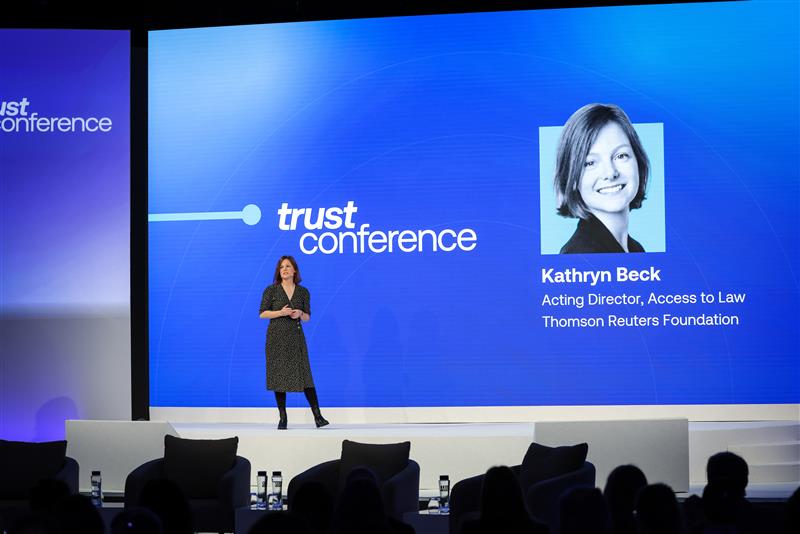
The authoritarian playbook in action: Insights from Trust Conference 2025
Learn our Acting…
Read More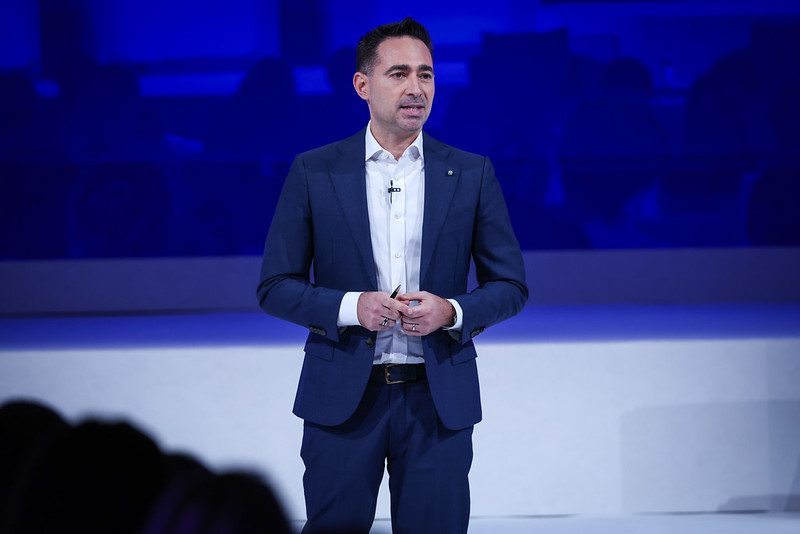
Antonio Zappulla: Technology is redefining power, information and influence. What is at stake?
View our CEO Antonio Zappulla’s opening remarks for Day Two of Trust Conference…
Read More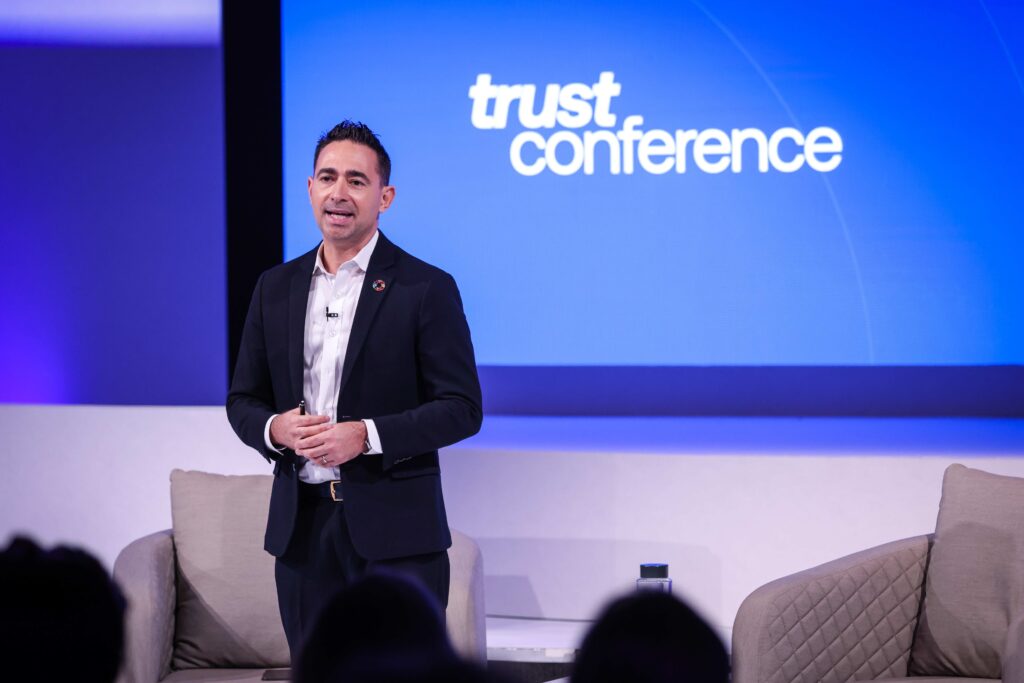
Antonio Zappulla: Three key drivers are reshaping the world and eroding democracy
View our…
Read More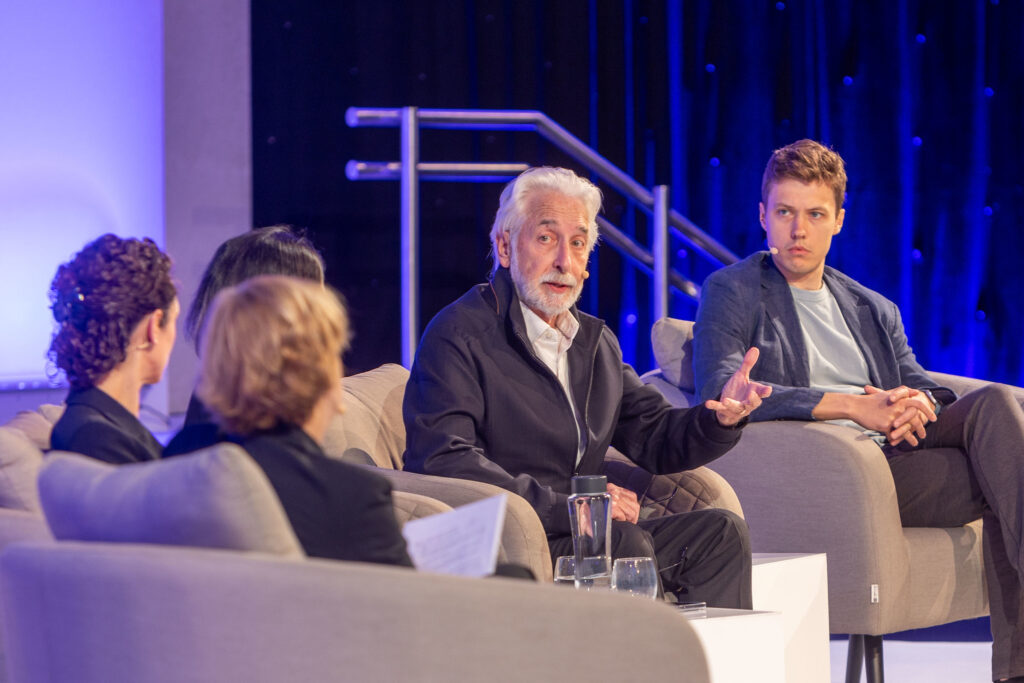
Trust Conference 2025: Disinformation, lawfare and aid cuts — Civil society’s fight for survival
Trust Conference, the annual flagship forum hosted by the Thomson Reuters Foundation,…
Read More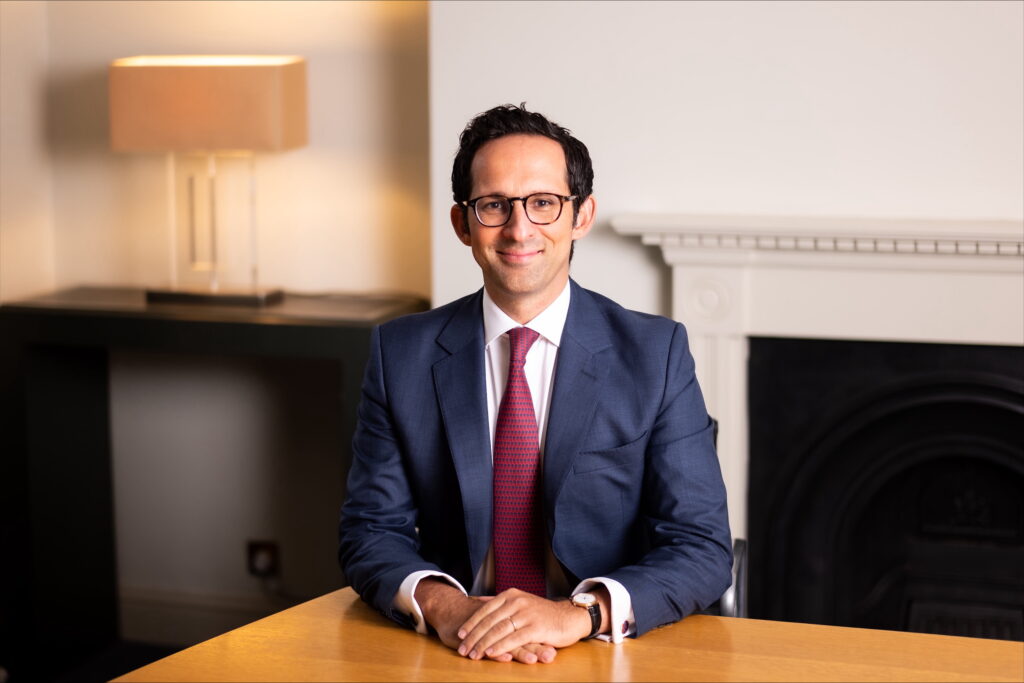
Professor Can Yeğinsu joins Thomson Reuters Foundation Board of Trustees
We are delighted to…
Read More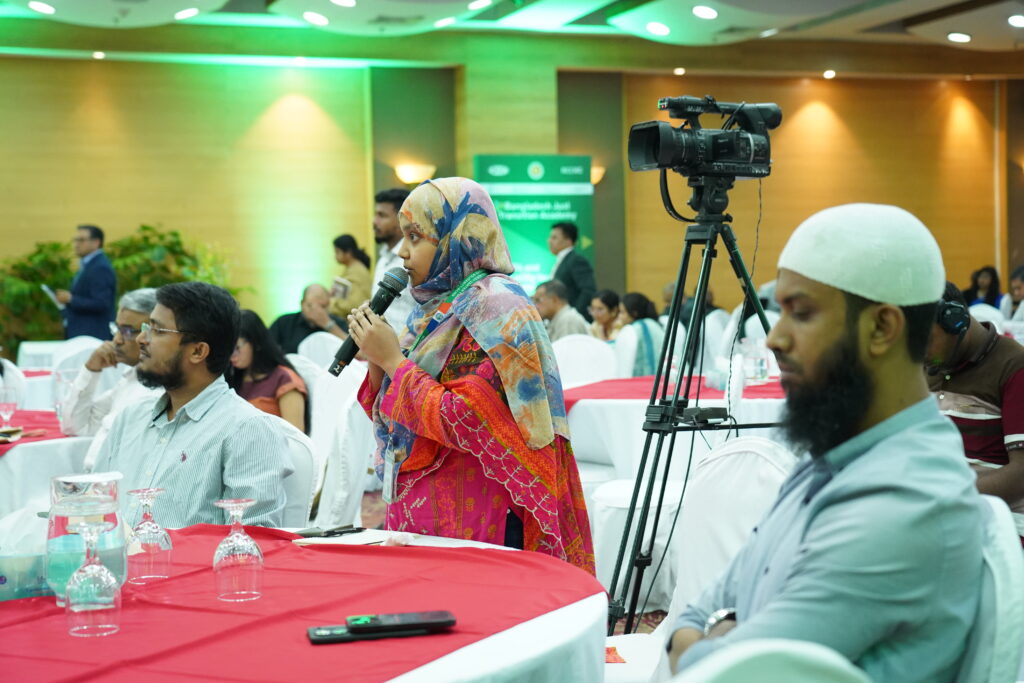
Top priorities for Just Transition in Bangladesh
In one of the world’s most climate-vulnerable countries, a just…
Read More
AI Company Data Initiative drives transparency on corporate AI adoption
Now open for company…
Read More
Winners of the 2025 TrustLaw Awards Announced
This week marks the announcement of the 2025 TrustLaw Awards winners,…
Read More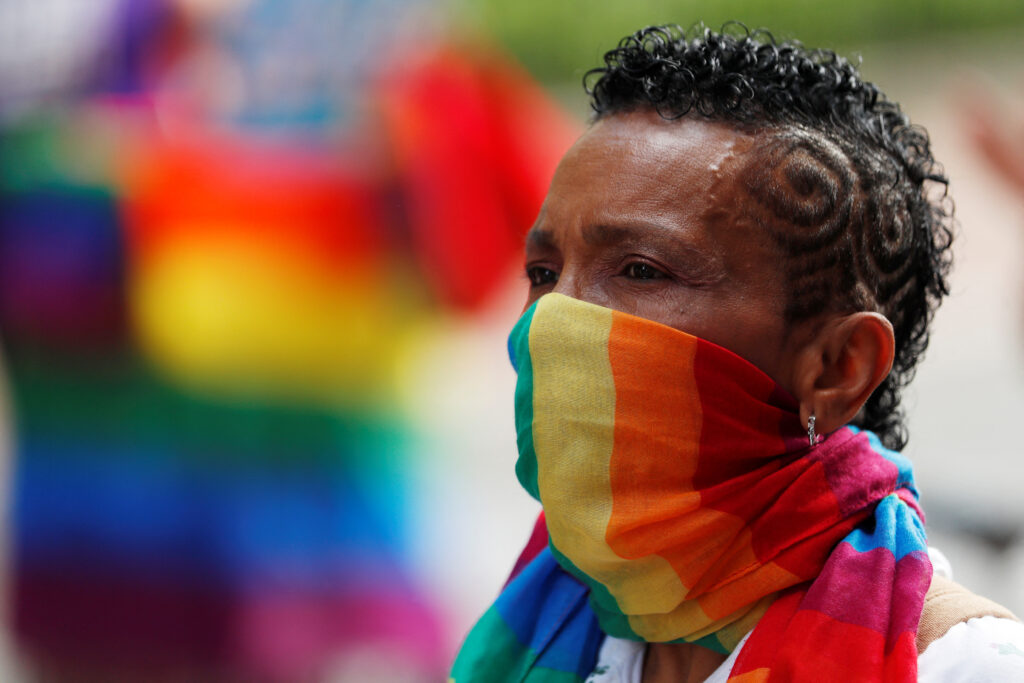
How the Foundation is supporting LGBTQ+ communities worldwide
Over the last year, the Foundation has…
Read More
World Press Freedom Day: the need for the equitable and ethical adoption of AI
AI will be…
Read More

